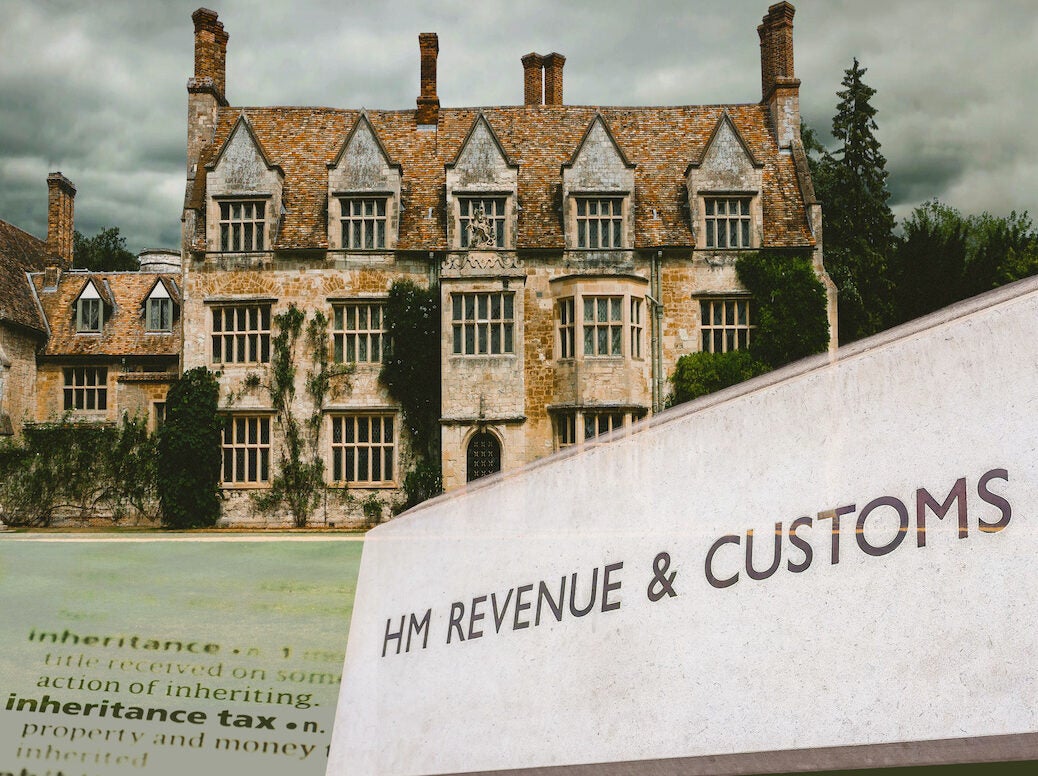
The number of estates drawn into the inheritance tax (IHT) net rose by 13 per cent in 2022-23, ahead of the UK government’s planned changes to the IHT regime, new figures released by HMRC show.
In the tax year 2022 to 2023, there were 31,500 taxpaying IHT estates, an increase of 3,700 (13 per cent) on the previous tax year. This represented 4.62 per cent of UK deaths resulting in an inheritance tax charge for that period, an increase of 0.23 percentage points since the previous year.
[See also: Wealthy British expats big winners from IHT changes]
The rise in the number and proportion of estates being liable to inheritance tax comes ahead of significant changes to the regime due to come into force next year. The UK government unveiled a series of significant inheritance tax (IHT) changes last year, setting new caps on Business Property Relief (BPR) and Agricultural Property Relief (APR), and freezing the IHT nil rate bands until 2030. These changes set out by Rachel Reeves in the Autumn Budget 2024 are expected to bring many more estates under the IHT net.
There has been significant criticism of the IHT proposals, particularly from the business and farming community, but draft legislation published last week appears to show the government is determined to push ahead with its IHT overhaul.
What are the IHT changes the government is bringing in?
From April 2026, the IHT relief available for assets qualifying for business relief (BR) and agricultural relief (AR) will be capped at £1 million, with the excess attracting 50 per cent relief – in effect producing a 20 per cent tax rate.
Additionally, listed shares classified as unquoted shares, including AIM shares, will only qualify for 50 per cent rather than 100 per cent IHT relief.
[See also: Flight risk: Britain’s super-rich are on the run]
Further changes due in April 2027 will apply inheritance tax to unspent pension pots, which is predicted to affect about 8 per cent of estates.
By the end of the decade, the OBR’s latest Economic and Fiscal Outlook published in March 2025 estimates that the proportion of deaths subject to inheritance tax will rise from 5.1 per cent in 2022/23 to 9.5 cent. This figure is before factoring in any further possible changes the government may introduce, such as the tightening of longstanding reliefs, which many now fear could be on the horizon.
How will the proposals affect the UK-based rich?
Commenting on the figures released on Thursday, Spears Top Recommended tax advisers, Pete Fairchild, national head of private clients at Crowe, said the rise in tax collected was ‘unsurprising’.
‘The direction of travel of increasing revenue being collected via the most unpopular of taxes is clear. Once estates are affected by the value of pension pots being included (from April 2027) and the £1m cap on 100 per cent agricultural and business property relief (from April 2026), more individuals will see a greater portion of their wealth being subjected to IHT,’ he added.
Fairchild said the changes were affecting how people planned and spent their wealth,
‘More individuals are reverting to seeing their pension pot as a vehicle to provide income in retirement, as opposed to an IHT planning opportunity. We are seeing more lifetime giving as people look to pass on their wealth and survive seven years to reduce their chargeable estate. Many clients have taken their 25% tax-free lump sum from their pension and gifted that immediately to their children.’
Ben Handley, a tax partner at BDO, agreed that many more people would be ‘dragged into the IHT net when seismic changes to the regime come into force from 2026’.
[See also: The best accountants and tax advisers]
‘From next April, the capping of business and agricultural relief to £1 million of qualifying assets will bring many business and farm owners into scope for IHT for the first time,’ he said.
‘These latest figures for 22-23 show that families of business and agricultural owners benefitted from £5.8 billion of inheritance tax relief, but this will reduce significantly from April 2026 onwards.
Marc Acheson, global wealth specialist at Utmost Wealth Solutions, said: ‘These developments are making the UK increasingly less attractive from a wealth perspective. Ever since the measures announced in the Autumn 2024 Budget, high-net-worths and non-doms have been leaving the UK at an unprecedented rate.
‘At the same time, we have experienced strong and growing demand for financial advice from families seeking estate planning strategies to protect intergenerational wealth and avoid unintended tax consequences.’






